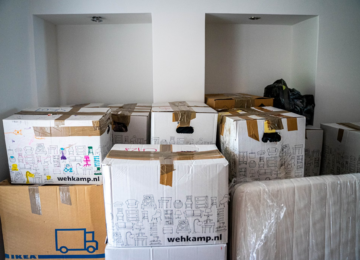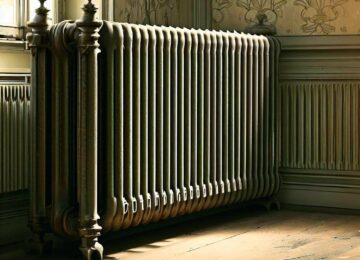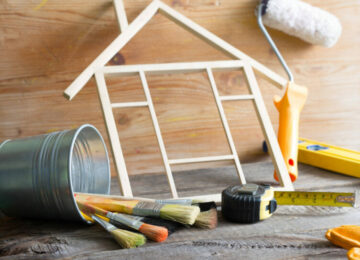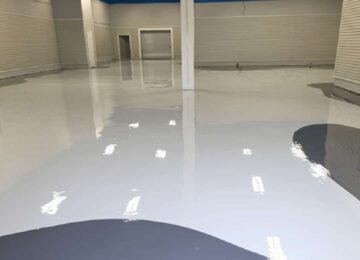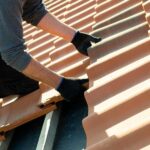Have you noticed your water bill creeping up or spotted mysterious water stains around the house?
Plumbing leaks can range from minor annoyances to major problems, and they often sneak up on homeowners.
Let’s take a look at some common plumbing leaks and explore ways to prevent them from causing costly damage.
1. Dripping Faucets
The steady drip of a leaky faucet is more than just an annoyance it’s a waste of water and can lead to higher bills.
A faucet might leak due to worn-out washers, seals, or even corrosion in the fixture. Regularly checking your faucets and replacing any worn parts can keep them in good shape.
And remember, if a leak seems to persist, calling in a plumber can often be cheaper than letting water waste pile up on your utility bill.
2. Leaky Pipes
Leaky pipes are common and can cause significant damage if left unchecked. They often occur where pipes connect or at weak spots, and they can stem from corrosion, high water pressure, or even a poor installation job.
Check under sinks, in basements, and around appliances for any signs of wet spots or drips. Catching a leaky pipe early and repairing or replacing it can help prevent bigger issues like mold growth and structural damage.
Prevention Tip – Insulating pipes, especially those in colder areas, can help prevent leaks by reducing the risk of freezing and bursting.
3. Toilet Leaks
Is your toilet running long after you flush it? This could mean there’s a leak.
Toilets can leak from multiple places, such as around the tank seal, or due to a worn-out flapper inside the tank.
These leaks not only waste water but can also damage your flooring if left unaddressed. To check for a leak, add a few drops of food coloring to your toilet tank.
If the color seeps into the bowl without flushing, you likely have a leak.
Prevention Tip – Inspect your toilet parts every six months to ensure everything is intact. Replacing inexpensive parts like flappers can often stop leaks before they start.
4. Water Heater Leaks
A leaky water heater is a problem no homeowner wants, especially during colder months. These leaks usually result from corrosion in the tank, high water pressure, or a faulty pressure relief valve.
A leaking water heater can damage surrounding walls and floors, so it’s best to address it as soon as you spot an issue.
Prevention Tip: Schedule annual maintenance for your water heater to check for any signs of corrosion or pressure issues. Flushing the tank once a year can also help clear out sediment and extend the heater’s life.
For reliable plumbing leak solutions, contact Adeedo Drains, Plumbing, Heating, & Air today. We will keep your home leak-free and help protect your property from costly water damage.


